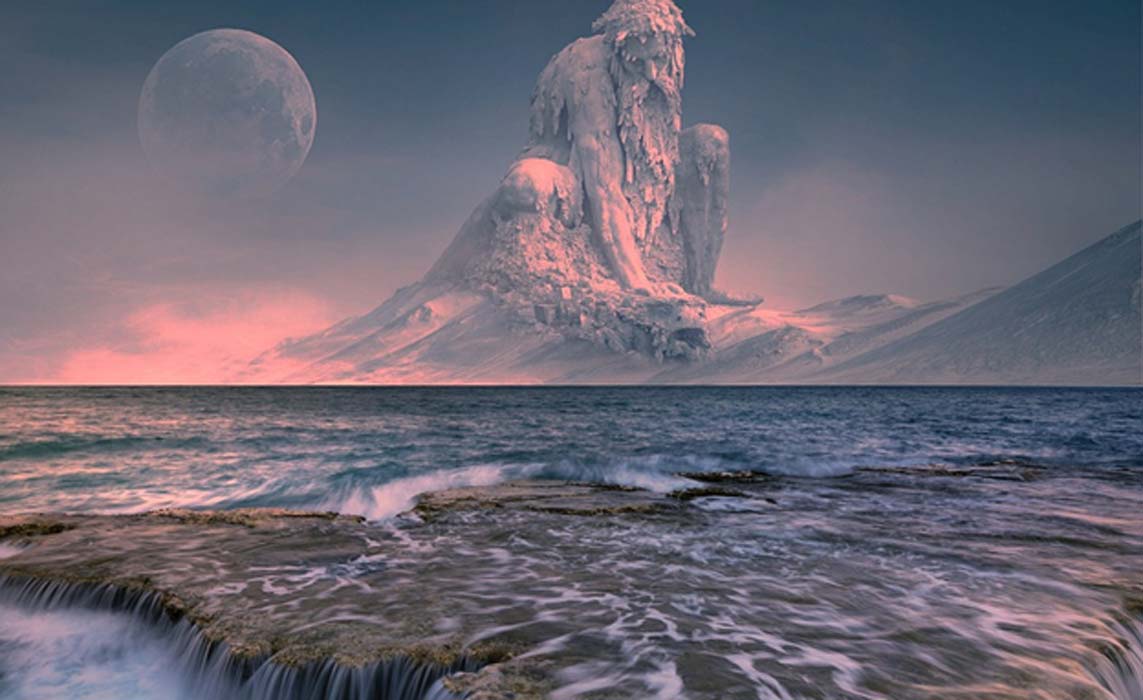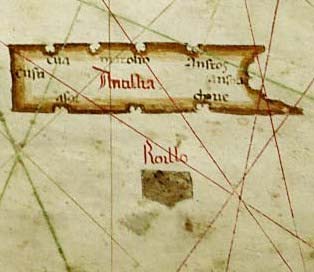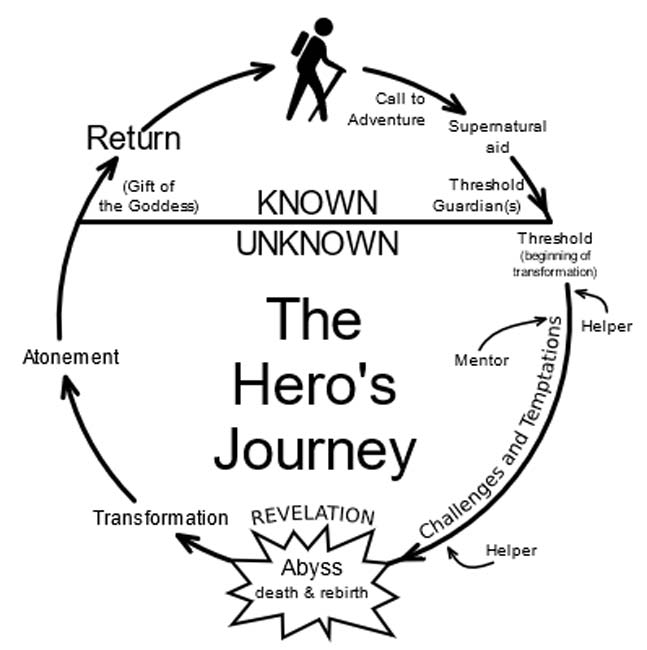
The Mythological Pantheon of Ancient Islands: Cosmic Sharks and Whale Riders
Complicated words and pictures printed on parents’ newspapers mean absolutely nothing in the imaginative realm of children; however magical beings, fantastic creatures and obscure landscapes featuring in myths and folklore, all make perfect sense. Children all over the world are read stories of heroes following winding rivers and venturing to mystical islands where they battle bizarre oceanic creatures and while the protagonists’ characters and personalities lead the charge in these myths, water is a primordial mythological symbol of life, cleansing and rebirth. In myths and folklore, water represents the mystery, infinity, transitional and eternal nature of creation, thus, the hero’s voyage to a magical island becomes the pioneering journey of inner space and cosmic time.

Part of an old sea chart made by Albino de Canepa, showing the mythological islands Antillia and Roillo. (Public Domain)
Archetype of the Hero’s Journey
Mythologists, historians, archaeologists and anthropologists discover archetypes such as; the hero, the sage, the god, the trickster and the child in the mythological corpus of cultures all over the world. These characters are usually featured clashing with giant serpents, enduring floods, being seduced by treasures and demons disguised as virginal maidens; all the way living what has been defined as ‘the hero’s journey’ from birth, through life and to completion in death. Essentially, the mythological hero goes on an adventure and is victorious in a decisive crisis before coming home transformed and bringing the gifts of his new wisdom.
In 1949, American scholar Joseph Campbell wrote the seminal work of comparative mythology, The Hero with a Thousand Faces, in which he discusses the journey of the archetypal hero found in global myths. Since Campbell's observations many modern artists, writers and filmmakers, including George Lucas in his Star Wars films, have publicly acknowledged Campbell’s hero-concept as having influenced their story telling.

This diagram of the “Monomyth” or “Hero's Journey” is based on Joseph Campbell’s mythological analysis. (Public Domain)
Developing Campbell’s ideas, David Leeming’s 1998 tour de force, Mythology: Voyage of the Hero, asks: “What makes something mythic?” and “What do mythic events and narratives have to do with us?” Presenting universal themes found in the myths of many distant world cultures, Leeming presents a wide array of interpretations by Carl Jung and Joseph Campbell, illustrating how myths developed within societies from the human trait of searching for meaning and universal truths in natural occurrences.
Archetype of the Mystical Island
Edward John Federenko’s, University of Massachusetts Amherst 1996 Doctoral Dissertation entitled Islands and transformation: An archetypal pattern in Western literature proposes that the castaway and the island experience reflect components of the hero's journey. According to Federenko: “the wanderer, hermit, artist, magician, king, and hero” archetypes all ventured to remote islands with strange surroundings, and like in the hero’s journey, only after overcoming challenges through adaptation, spiritual, psychological and emotional growth, the hero would return home.
- Passions of Pele: The Hawaiian Goddess of Fire
- Maori Artifacts Indicate Early Polynesian Settlement on New Zealand Island
- Ghost Beliefs in Polynesia: When Spirits Return and Possess
In the mind of Carl Jung, the Swiss psychologist who founded analytical psychology, ‘the hero’s journey’ is another way of describing the individuation process and to Jung the reason why the typical island story read in myths involves danger, is because “only in the region of danger - watery abyss, cavern, forest, island, castle, etc. - can one find the treasure hard to attain - jewel, virgin, life-potion, victory over death.”




